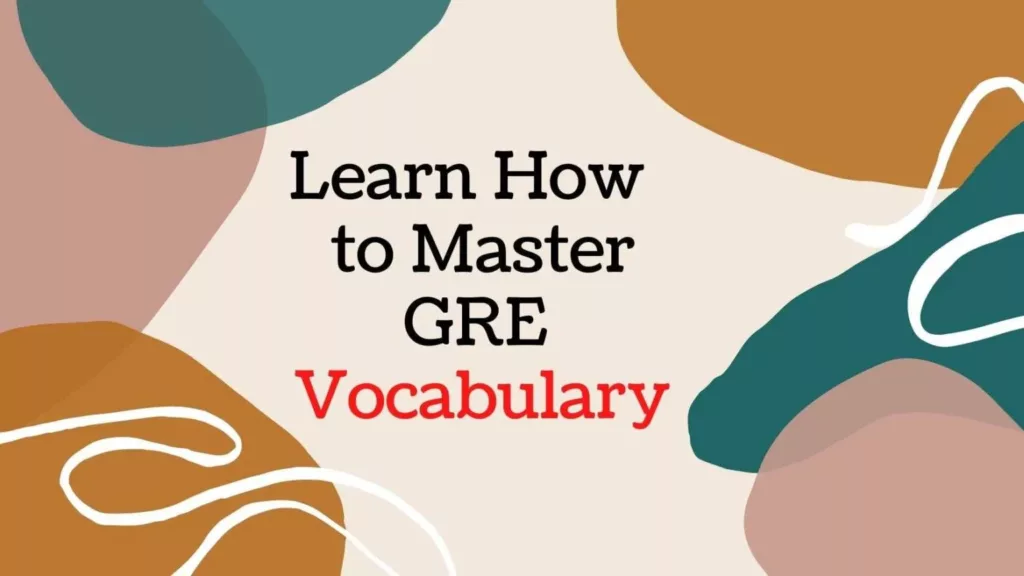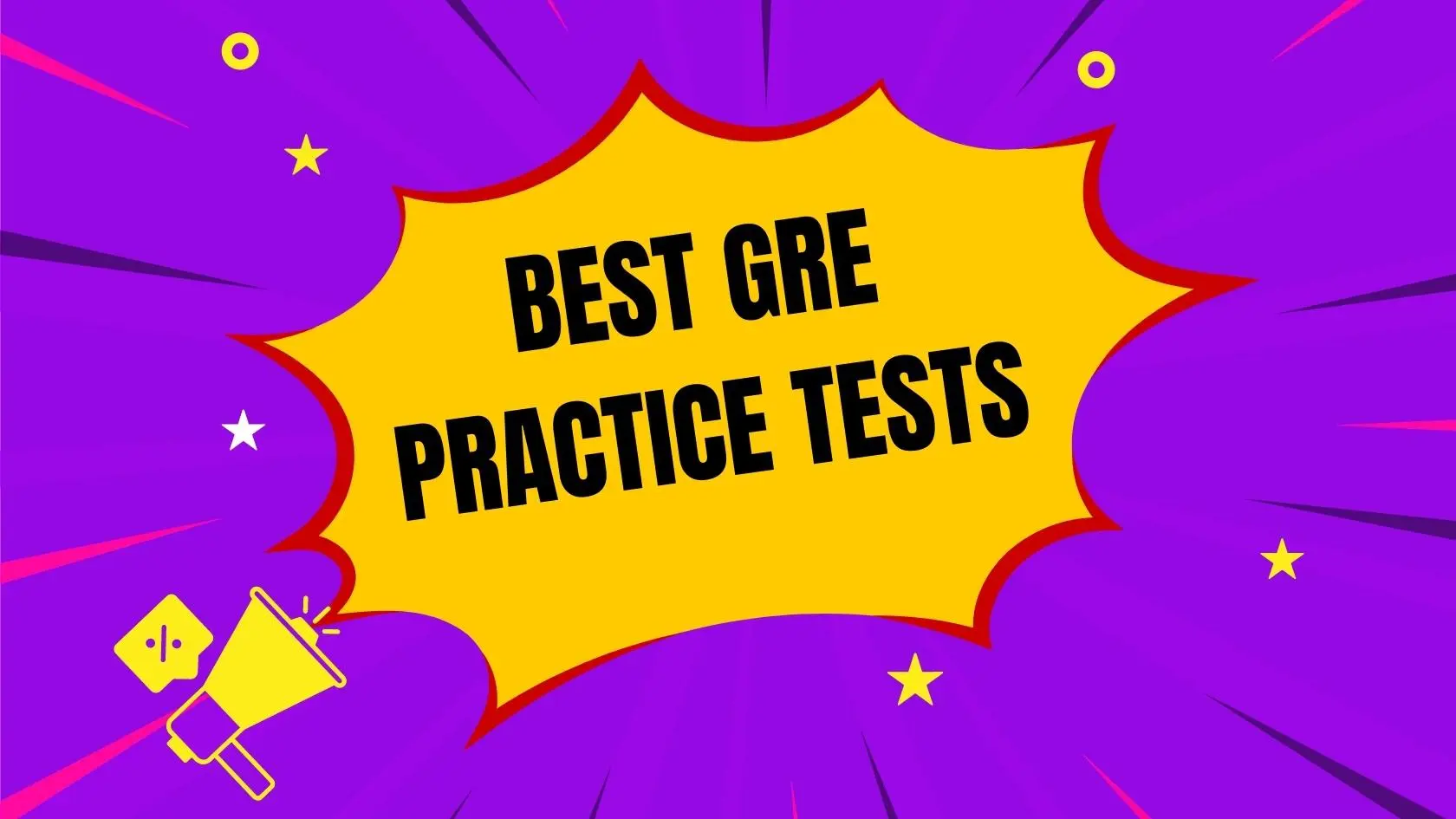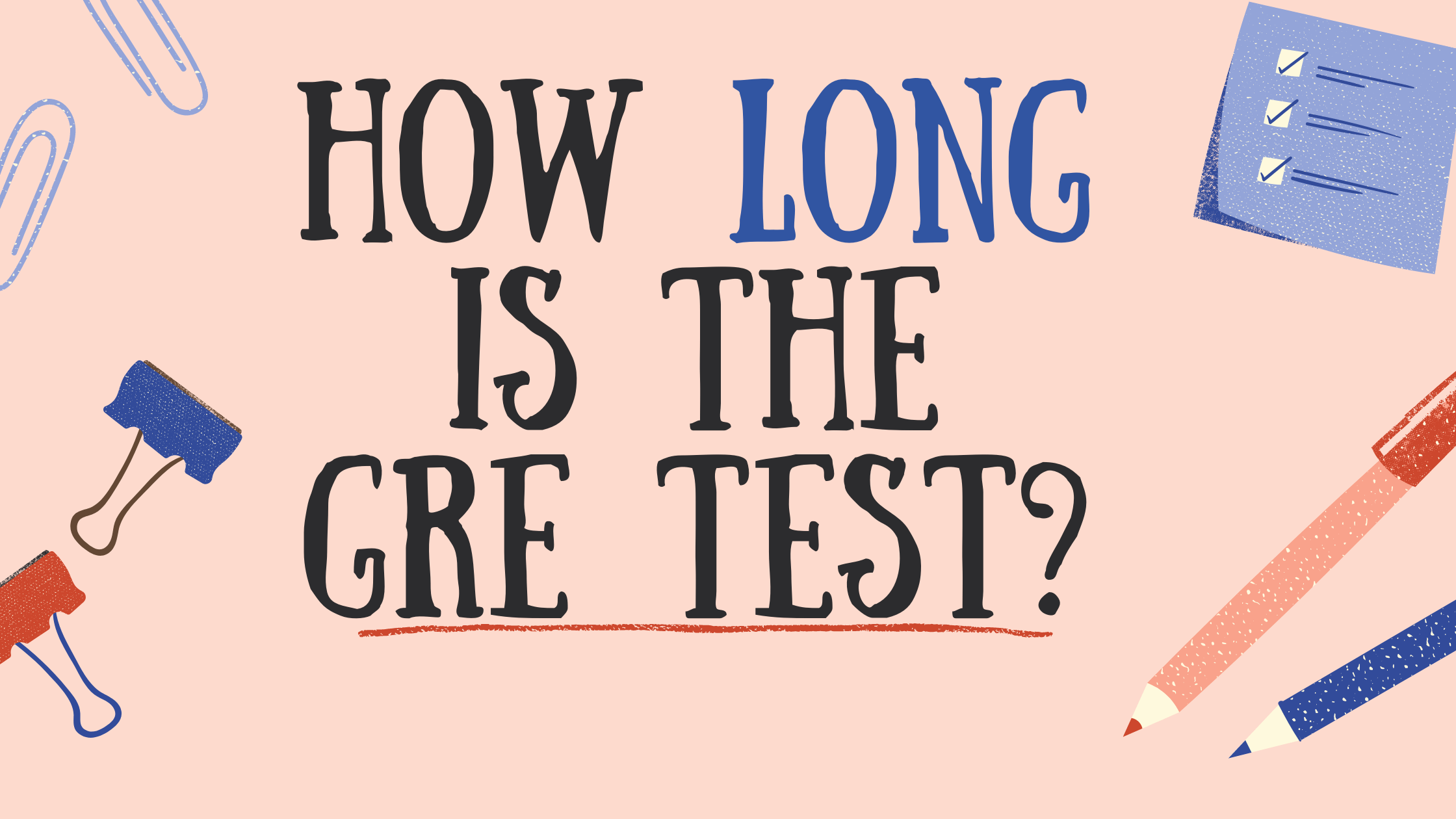GRE Vocabulary
Improving your vocabulary is important when it comes to achieving a high GRE Verbal score. Many potential test-takers find this particular aspect of the GRE most challenging. In this article, we will tell you the effective ways to increase GRE vocabulary.
It is important to begin with understanding the role of vocabulary within the Verbal section. For the GRE, you must not just memorize words but instead understand their context. In other words, you must understand how they fit into sentences and the role they play in those sentences. The GRE tests your reading and comprehension skills, so it is important to not only be able to read English text but also be able to understand what was read, the purpose and the connections being created within the passage.
Below is a list of ways that can help you with your GRE vocabulary;
Wordlists
A great tool to begin with is wordlists. Scholarden provides an extensive GRE word list that has over 1000 words. The ScholarDen wordlist has been prepared after years of research on the GRE verbal questions. Additionally, the wordlist is being constantly updated with the evolving nature of the GRE exam. Do read the top 30 vocabulary words tested on the GRE exam.
It is important to tackle the word list based on your own abilities and availability. Ideally, you should make a timetable that accurately lists down how much time you can study in a day and, therefore, ensure that you can finish all your preparation in time for the actual exam.
Flashcards
GRE Vocabulary Flashcards are an effective technique to memorize words. They are easy to make and carry around wherever you go. On blank pieces of paper, you write down words on one side and their meanings, usage in sentences, and mnemonics on the other. This way, you can test yourself even on the go.
These are fairly simple to create on your own, or you can even use ones available online. Scholarden provides an easily accessible pack of free GRE vocabulary flashcards that are divided into different lists depending on their difficulty level.
Flashcards help with memorizing words and their usage. By making it a practice of looking at your flashcards, it becomes easier to retain words. They can be used anywhere and at any time, whether on a lunch break, at the bus stop, or even a small revision session before bed.
ScholarDen also has a mobile app for vocabulary under development, which will be available soon for students to download.
Mnemonics
An important technique to remember words and their meanings is through mnemonics. Mnemonics is a memory device where a word is re-stated in your own words to help you remember it. It works well when you find ways to rearrange the word and create personal associations with your own life and interests.
For, e.g. to remember the word MINOTARY, which means threatening, you can associate the word with MINOTAUR, a fictional monster that would have also been terrifying.
For QUERULOUS, which means always whining or complaining, you can notice how the word looks and sounds like QUARREL-US or someone who keeps arguing and complaining with you.
GAINSAY, which means to contradict or oppose something, can be restated as AGAINST-SAY, which would remind you of the meaning.
There are various ways this can be done. Some can be found on the internet, but it is always easier to remember a word when you are able to associate it with your own personal interests.
Root Words
Root words are those that can produce more words through the addition of prefixes or suffixes, which are a string of words that go before or after a root word. For example, ‘Live’ is a base or root word. By adding the prefix ‘Un’ to it and the suffix ‘Able’ to it, you create ‘ Unlivable’, which is a new word with a new meaning. A great way to improve your vocabulary can be done through learning root words because then you would be able to use that to understand a number of words that come from that same root.
Additionally, you can also learn a number of common prefixes and suffixes that have the same effects on different root words. So, for example, ‘Un’ in ‘Unlivable’ creates a direct contrast to the meaning of the word ‘livable’. In the same way ‘Unforgettable’ means the opposite of the word ‘forgettable’.
Visualizations
If you are having trouble remembering a particular word, associate a visual image with that word. Visualization helps you remember new words with ease and, with practice, can help improve your vocabulary. Scholarden has a list of words with visual pictures of those words on their YouTube channel.
Practice:
Most people make the mistake of simply memorizing words and meanings without a clear understanding of how those words are correctly used in sentences. The real GRE is not interested in how well you can memorize words or how many you remember but rather look at how well you can use it in a sentence, and are able to understand its context in a written passage. So it is very important to begin practice early by making reading a mandatory part of your lifestyle. You should make it a habit to read from American newspapers, magazines, or academic books. Any American style of reading material will work. It will not only improve your vocabulary but also your contextual understanding of words.
When you read an article or sentence and come across a new word, you should find its meaning first and understand how this word fits into the sentence. In English, a word can have multiple meanings, so it is important to understand how a word works in a particular sentence or in a particular context.
Keep Updating Your List
As soon as you come across new words, add them to your wordlist. It is always a good idea to keep updating the list so that you can go back and revise it later.
Include Words in Your Conversation
When you learn a new word, use it in conversation with others. It can feel intimidating at first, but eventually, you will be able to speak with ease.
Final Thoughts
Learning Vocabulary seems like a difficult task, but if you remember that understanding is more important than simple memorizing, it becomes easier to improve your knowledge of words.
Following the steps above is a great way to ensure that your vocabulary is strong enough when the time comes to take the GRE. Even after the exam, these tools can continue to help you and improve your skills as an English speaker.
Read on: What does the GRE really measure?









